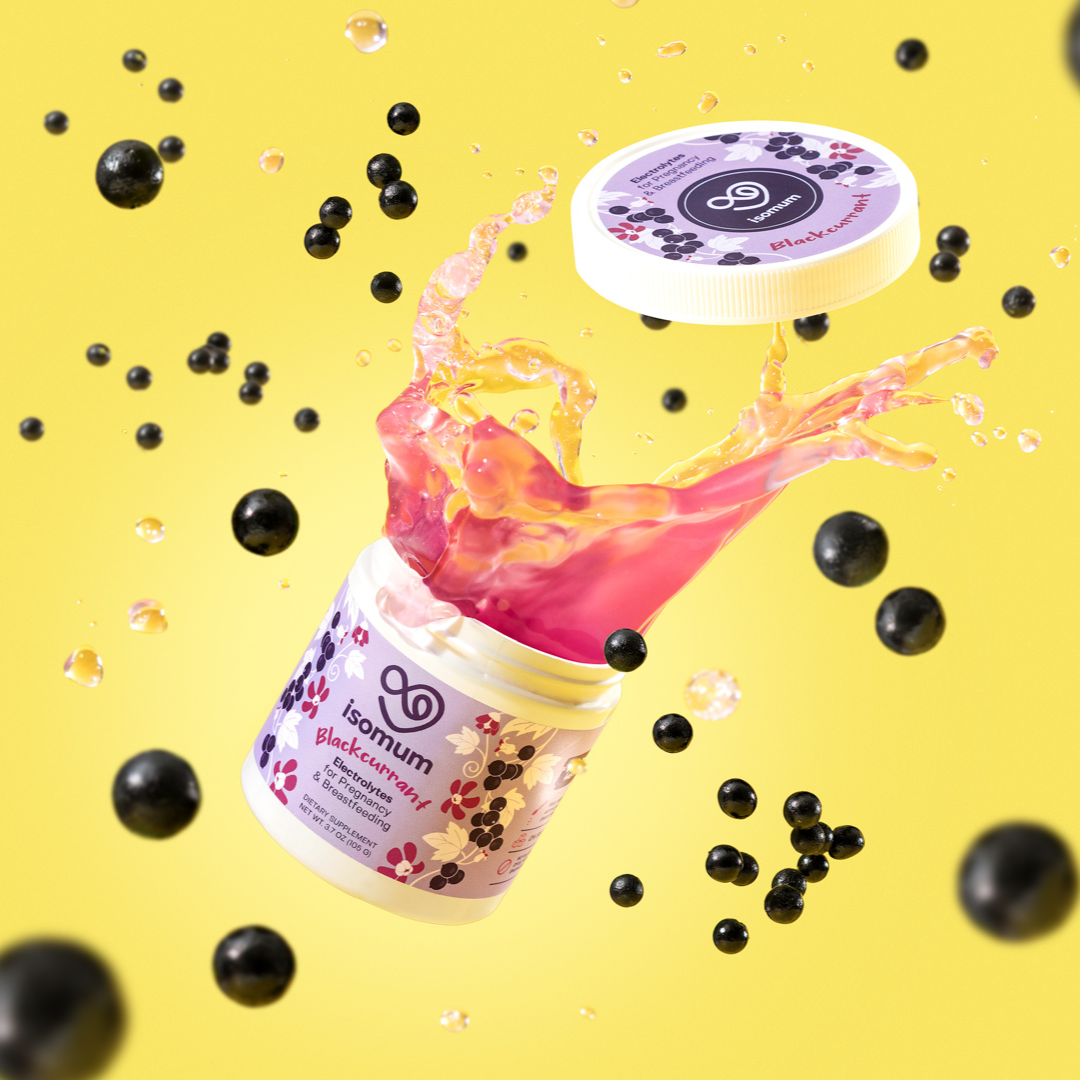Successful Hydration During Pregnancy Can Benefit You and Your Baby
Written by Dr. Suma Shet MBBS MD
Pregnancy is the most important phase of a woman’s life as there are so many bodily changes that happen, some of which are visible, and most of them are invisible. Emotionally also mother goes through a tough phase due to hormonal changes, and most of the time, physical requirements are set back. It can have an adverse effect on the growing baby. During this phase, mothers are told to care about their food intake in terms of vitamins, proteins, carbohydrates and fat, but most of the time, ignoring the most important component, which is ‘water’. Yes, you read it right. Water being the most important component as it forms about 80 per cent of body weight, should be given the importance it deserves.
Physiological changes during pregnancy
During pregnancy, the water requirement increases with increasing gestation. The causes of the increase in the water requirement in pregnancy are mainly because of increased blood volume, which starts in the early trimester and peaks at 7-8 months. The increased urinary frequency and loss of water droplets through hyperventilation and sweating also create a need to take more water during pregnancy. Water balance is affected by hormones too. There is increased metabolism inside the body, water being the medium of metabolism, thus needed more during this crucial period. Later in gestation, water acts as a medium for transferring nutrients between mother and baby.
Effects of dehydration
It is not something we really think about much, the importance of being adequately hydrated. But morning sickness in the first trimester is common, and many have moderate to severe vomiting and nausea and struggle to hydrate properly. This can lead to dehydration and consequences. Dehydration causes reduced cognitive ability and decreased physical ability. It also increases the chances of urinary tract infections and kidney stones. Apart from its effect on the mother, it affects the growth and development of the baby too.
How to know if you are dehydrated.
There are some common signs to look out for. Do you feel dizzy, have a dry mouth, are tired, have a headache, constipation, or dark urine or are you irritated without any obvious reasons? Say yes to any of these, and you might be suffering from dehydration.
How much to drink?
The ideal water intake during pregnancy is 2.7 L/day. In simpler words, during pregnancy, you should drink around 8-12 cups of water daily. Food items rich in water content should also be increased. Too much of water should also be avoided as it causes water intoxication, and water retention can cause hypertension. Thus, maintaining optimal hydration status is vital for a healthy pregnancy.
Why electrolytes are important during pregnancy
Now let us discuss a few electrolytes and what is their significance during pregnancy. Sodium and Potassium, even though retained in the body, concentration in the blood gets reduced because of dilution of the blood. Total calcium levels decrease during pregnancy mainly because of decreased blood albumin in pregnancy. The growing fetus needs maternal calcium, which the body tries to increase by increasing its absorption. So only dietary calcium supplements can bring a benefit. Similarly, magnesium level decreases during pregnancy because of the dilution of blood, and iodine requirement increase during pregnancy as it is required for the formation of thyroid hormone, which in the first trimester is not produced by the baby, So the mother try to maintain normal concentration by producing more thyroxin to supply for the baby too. In the later trimester baby, itself produces thyroxine, which requires maternal iodine.
So basically, hydration and electrolyte disturbances can be corrected by simple changes in dietary habits. Consuming supplements with proper guidance which are electrolyte rich and palatable to pregnant women would help a lot.


